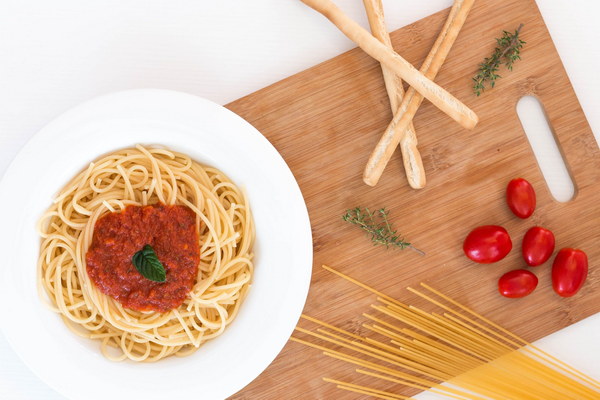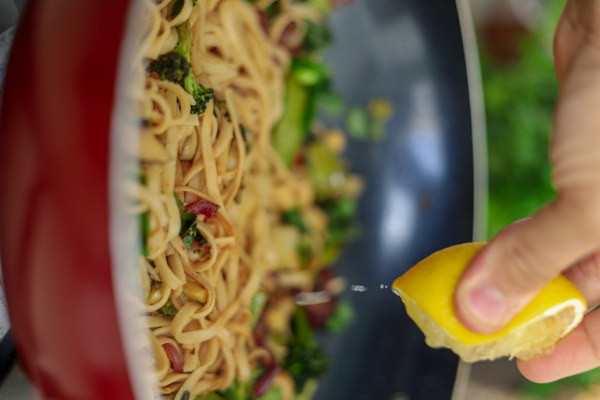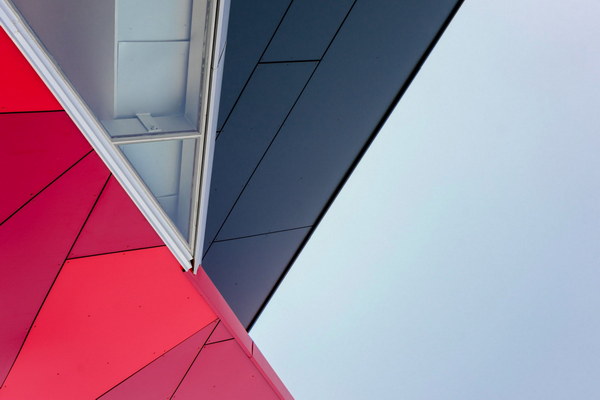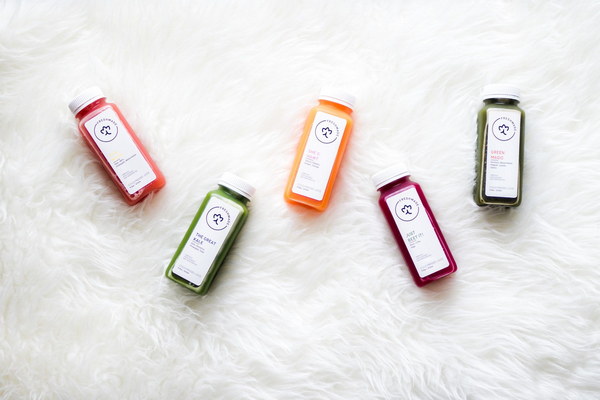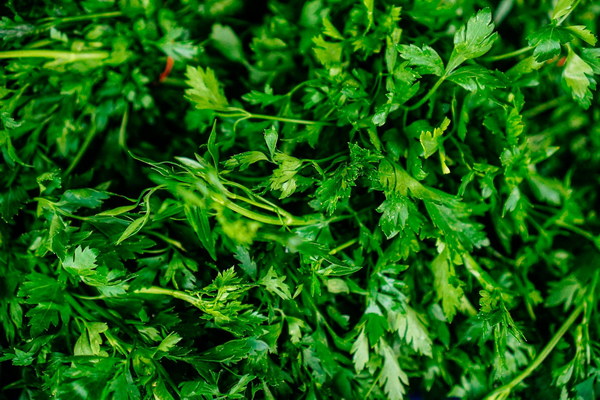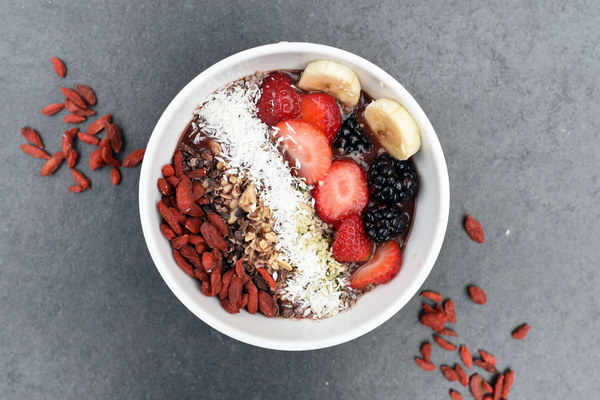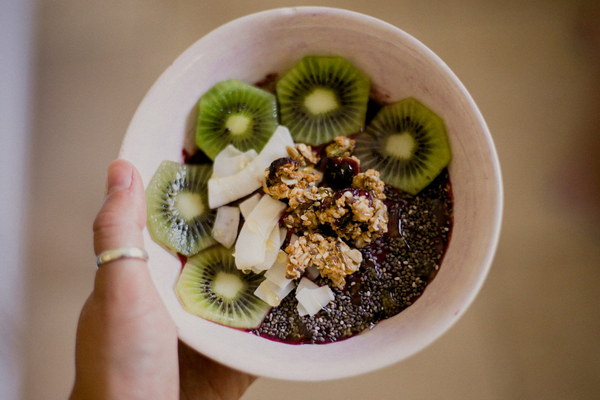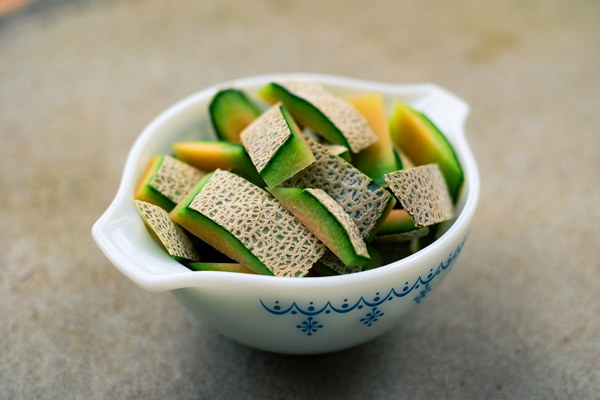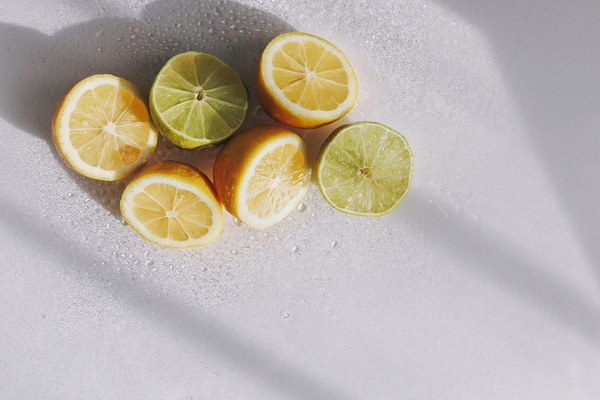PostRemoval Care How to Nourish Your Body After Gastrointestinal Polypectomy
After undergoing gastrointestinal polypectomy, it is crucial to provide your body with the necessary care and nutrition to aid in the healing process and prevent future complications. This article outlines essential tips on how to nourish your body after gastrointestinal polypectomy, ensuring a smooth recovery.
1. Follow your doctor's advice
Always adhere to your doctor's recommendations regarding diet, medication, and lifestyle changes. This may include a specific diet plan, pain management, and follow-up appointments.
2. Maintain a balanced diet
A well-balanced diet is essential for a healthy recovery. Incorporate the following nutrients into your meals:
a. Protein: Help repair and rebuild tissues. Good sources include lean meats, fish, eggs, dairy products, legumes, and nuts.
b. Fiber: Promote healthy digestion and prevent constipation. Include whole grains, fruits, vegetables, and legumes in your diet.
c. Vitamins and minerals: Boost your immune system and aid in healing. Consume a variety of fruits, vegetables, whole grains, and dairy products to ensure you receive adequate vitamins and minerals.
d. Hydration: Drink plenty of water throughout the day to stay hydrated. Water aids in digestion, circulation, and overall bodily functions.
3. Gradually reintroduce foods
After surgery, your digestive system may be sensitive. Start with a liquid diet, such as broths, soups, and smoothies, before gradually reintroducing solid foods. Focus on soft, easy-to-digest foods, such as cooked vegetables, rice, and lean meats.
4. Avoid certain foods
To minimize discomfort and promote healing, avoid the following foods:
a. Spicy and fatty foods: These can irritate your digestive system and cause discomfort.
b. Alcohol and caffeine: They can exacerbate symptoms and hinder recovery.
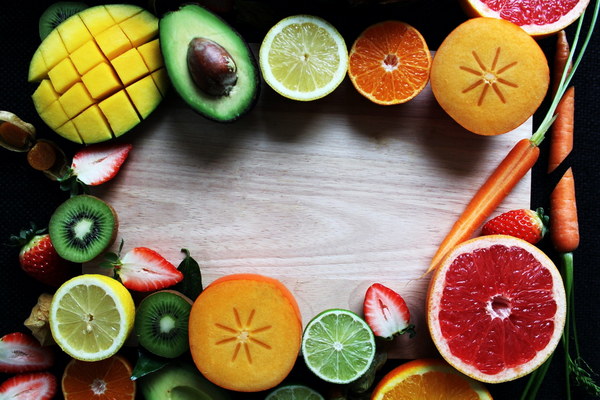
c. High-fiber foods: Initially, high-fiber foods may cause bloating, gas, and constipation. Introduce them gradually as your digestive system heals.
5. Practice mindful eating
Pay attention to how your body reacts to different foods. This will help you identify any triggers and adjust your diet accordingly. Eat slowly, chew thoroughly, and savor your meals.
6. Get enough rest
Rest is essential for healing. Allow your body time to recover by getting plenty of sleep and avoiding strenuous activities.
7. Manage pain
Pain is a normal part of the healing process. Follow your doctor's advice on pain management, which may include medication or alternative therapies such as acupuncture or massage.
8. Monitor for complications
Keep an eye out for signs of complications, such as persistent pain, fever, or excessive bleeding. If you experience any of these symptoms, contact your doctor immediately.
9. Follow-up appointments
Attend all follow-up appointments with your doctor. These visits are crucial for monitoring your recovery and addressing any concerns or questions you may have.
10. Maintain a healthy lifestyle
After your recovery, continue to eat a balanced diet, exercise regularly, and avoid smoking and excessive alcohol consumption. These lifestyle choices will help maintain your overall health and reduce the risk of future gastrointestinal issues.
In conclusion, nourishing your body after gastrointestinal polypectomy is essential for a smooth recovery. By following these tips and maintaining a healthy lifestyle, you can help ensure a successful healing process and reduce the risk of future complications. Always consult with your healthcare provider for personalized advice and support throughout your recovery journey.
